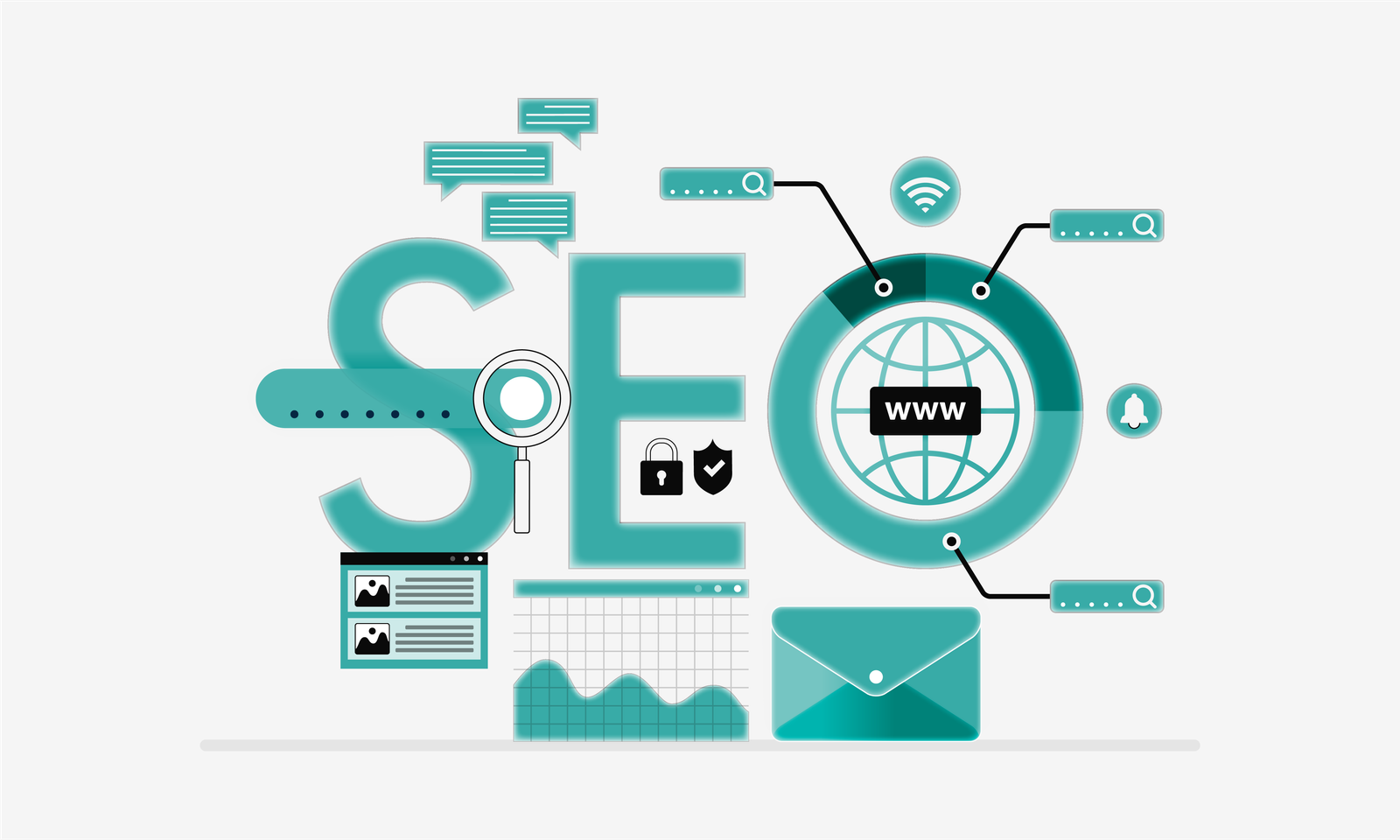What is SEO?
SEO, or Search Engine Optimization, is improving a website’s visibility on search engines like Google. By optimizing factors like content and keywords, SEO helps websites rank higher in search results, attracting more visitors and potential customers.
People previously relied on traditional SEO methods, emphasizing keyword stuffing, tag manipulation, and directory submissions. The goal was to manipulate search engine algorithms by overloading websites with keywords and obtaining numerous backlinks, often from low-quality directories. However, these outdated tactics are now considered ineffective in the ever-evolving landscape of modern search engine optimization.
Today, modern SEO strategies prioritize user experience, high-quality content, and natural link-building. Marketers focus on optimizing individual web pages, building quality backlinks, and improving technical aspects of websites. This approach aims to provide value to users while adhering to search engine guidelines for sustainable, long-term success.
What is Traditional SEO?
Traditional SEO is now outdated and involves tactics like keyword stuffing, tag manipulation, and directory submissions to manipulate search engine rankings, rather than prioritizing user experience and quality content.
What is Modern SEO?
Modern SEO is something that prioritizes user experience, high-quality content, and natural link-building. It focuses on optimizing web pages, building quality backlinks, and improving technical aspects to enhance search engine visibility and user engagement.
As we all know Traditional SEO is Outdated and Traditional SEO has several issues:
- Keyword Stuffing: Overusing keywords unnaturally within content to manipulate search engine rankings, resulting in poor user experience.
- Low-Quality Backlinks: Obtaining links from irrelevant or spam websites, could lead to penalties from search engines.
- Manipulative Meta Tags: Stuffing Meta tags with keywords or misleading information to attract clicks.
- Lack of User Focus: Ignoring user intent and experience in favor of search engine algorithms.
In conclusion, traditional SEO techniques were flawed due to their focus on manipulating search engine rankings rather than providing value to users. These tactics often resulted in lower-quality websites and a poor user experience. With the evolution of search engine algorithms, modern SEO emphasizes user-centric strategies, quality content, and natural link-building for sustainable long-term success.
On the other hand, Modern SEO offers numerous benefits:
- Enhanced User Experience: Prioritizing user-friendly websites improves engagement and encourages return visits.
- Quality Content: Focus on valuable, relevant content boosts credibility and authority in the eyes of search engines
- Natural Link Building: Genuine backlinks from reputable sources improve search rankings and website credibility.
- Improved Site Speed: Faster-loading websites rank higher in search results and provide a better user experience.
- Analytics and Insights: Utilizing data-driven insights allows for continuous optimization and improved SEO performance.
Modern SEO practices focus on providing value to users resulting in better rankings, increased visibility, and enhanced user engagement, ultimately leading to improved business outcomes.
Modern SEO VS Traditional SEO
Modern SEO emphasizes user experience, quality content, and natural link-building to improve search engine rankings and attract organic traffic. It prioritizes relevance, credibility, and engagement over keyword stuffing and manipulative tactics. However, traditional SEO relied heavily on keyword density, Meta tag manipulation, and low-quality backlinks to manipulate search rankings, often resulting in poor user experience and short-term gains.
With search engine algorithms evolving to prioritize user-centric factors, modern SEO techniques are essential for sustainable long-term success, building genuine connections with users, and delivering valuable content that meets their needs and expectations.
In conclusion, modern SEO techniques prioritize user experience, quality content, and natural link Building, making sustainable growth and long-term success. Traditional SEO, focused on manipulation and shortcuts, often resulted in short-term gains and poor user experiences. Embracing modern SEO practices is vital for adapting to evolving search engine algorithms and meeting user expectations effectively.



Comments are closed